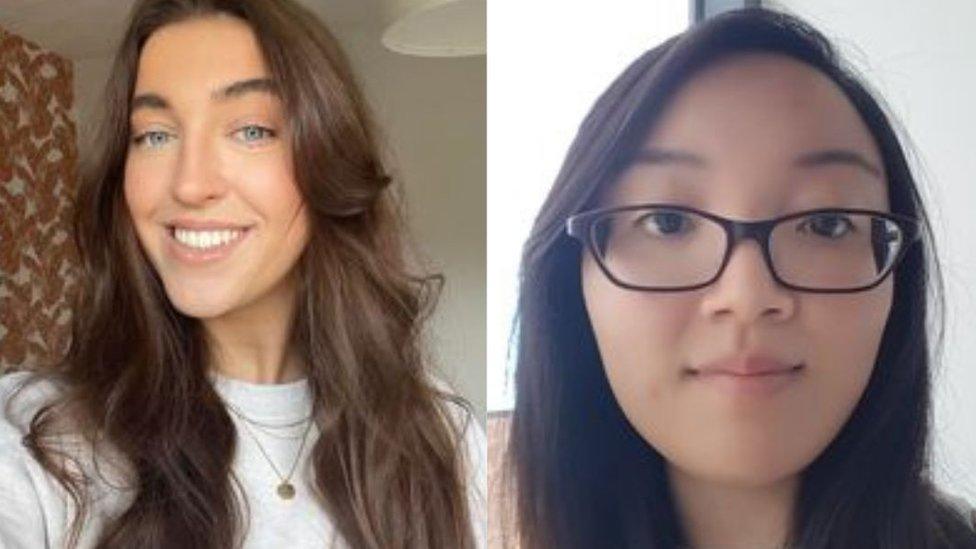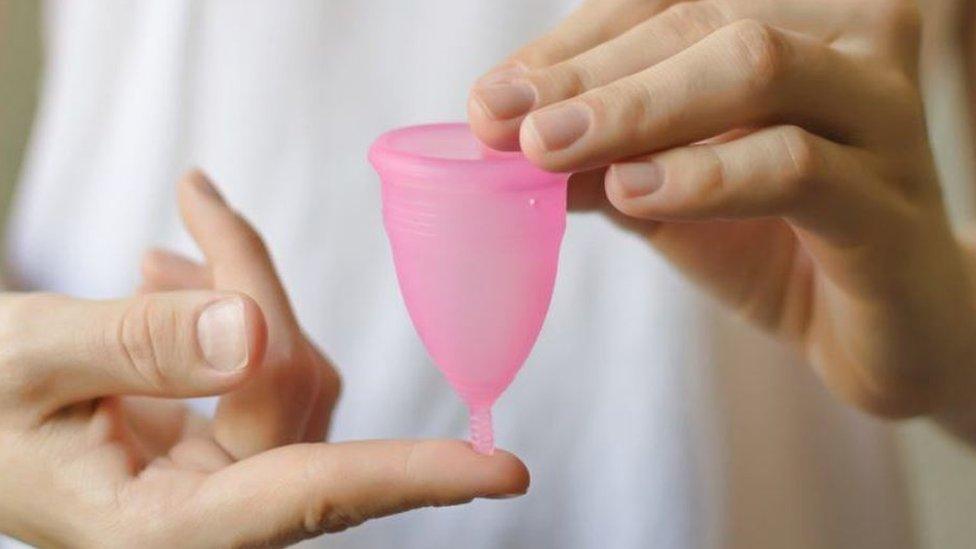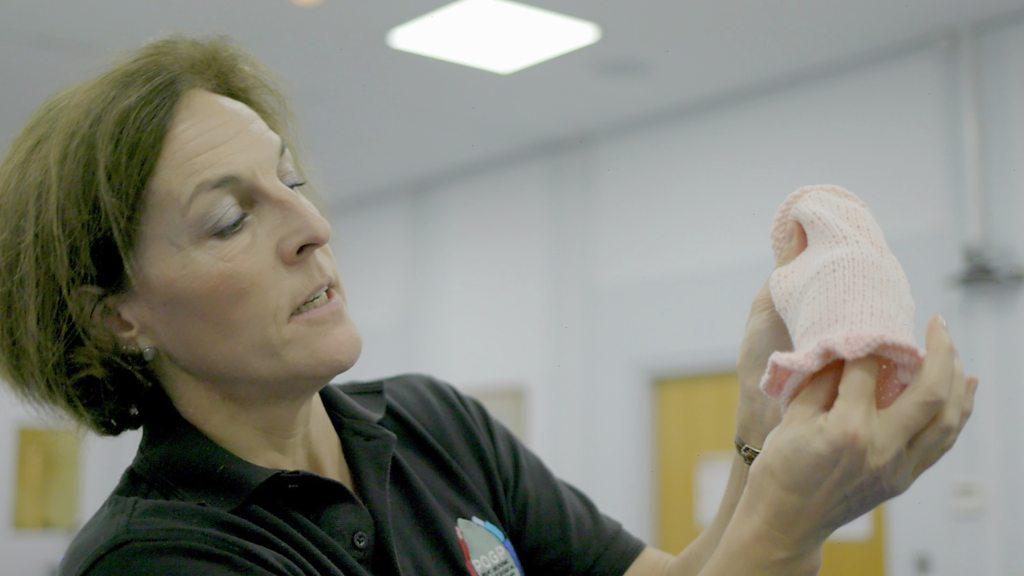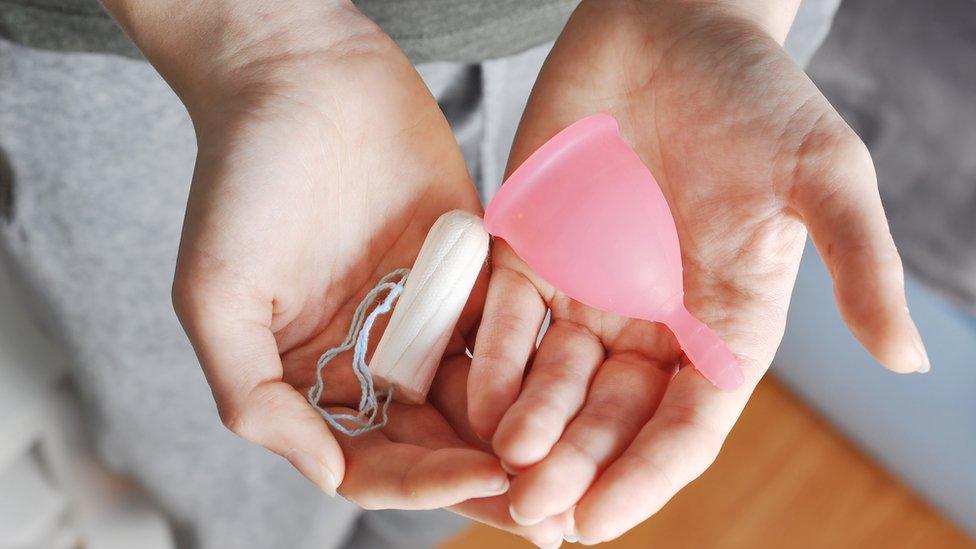University of Bristol funds menstrual cup cleaner start-up
- Published

Kira Goode and Monica Wai will receive £11,500 for their cleaning design
Two post-graduates have won start-up funding from the University of Bristol for their menstrual cup cleaning case.
Kira Goode and Monica Wai will receive £11,500 for their Cup2 portable menstrual cup cleaning design.
One of the founders said their mission was to "help and improve the lives of menstruators".
They calculate Cup2 could save users £564 in the course of five years and would use 96.6% less plastic in a decade.
Miss Goode and Miss Wai, who have since graduated, said they would use the funds to patent their design as they seek to take it public in the next few months.
'Make a difference'
Miss Wai, who studied for an integrated master's degree in management with innovation at Bristol, said: "It feels crazy to have won.
"It really makes the hard work worth it, and it's so exciting to be closer to our launch target."
The pair surveyed thousands of women for their final year research project to learn what might deter them from using sustainable period products.
Concerns included changing them in public toilets and difficulty sterilizing them at home, particularly in shared houses.
They said they aimed to bring Cup2 to market in June 2023.

The designers discovered some women were put off using menstrual cups because they found them hard to wash discreetly
Miss Goode, who studied for an integrated master's degree in electrical and electronic engineering with innovation, said: "It's amazing to win this funding, which is going to make a real difference to what we're doing."
Environmental impact
She said from her research the sole competitor on the market only fit very specific cups.
"Ours will cater for every size and shape.
"Cup2 will have a big impact on people's lives, and on the environment too," she added.
They said they also aspired to donate a Cup2 for every unit they sold.
Michele Barbour, associate pro vice-chancellor for enterprise and innovation at the University of Bristol, said: "It's hugely positive to see that many of the prospective businesses had a conscious aim to improve people's lives and solve real world problems."
Other winners include a clothes swapping website, a travel carbon calculator and smart socks to help dementia patients.

Follow BBC West on Facebook, external, Twitter, external and Instagram, external. Send your story ideas to: bristol@bbc.co.uk , external
Related topics
- Published11 March 2020

- Published17 July 2019
